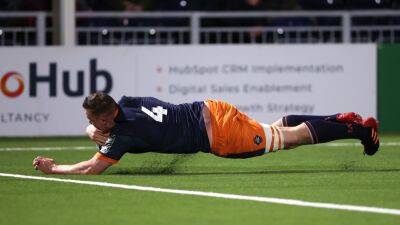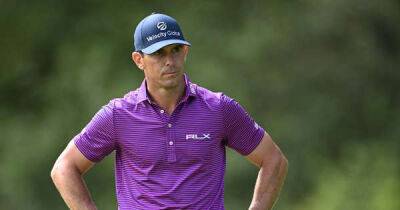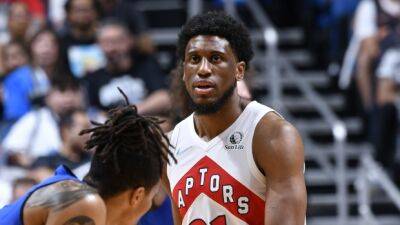Rugby’s dementia stand-off: ‘They ignore it. It’s just deny until you die’
These are desperate times for an increasing number of rugby union families, but a businesswoman from New York offers herself as a reference point and champion. As former rugby players and their families come to terms with their diagnoses of neurological conditions, Irene Gottlieb-Old can say she has been there and continues to fight for support – or even just simple recognition of her family’s plight.
Gottlieb-Old met the former New Zealand back-row forward Geoff Old nearly 20 years ago. He and his first wife had split up after the death, aged 16, of their first son when Old was head coach of the Netherlands team that played off against England for a place at the 1999 World Cup. Gottlieb-Old fell in love with Old when their paths crossed on the sport scene in Colorado a few years later. He had been technical director of USA Rugby but he had just stepped away, aware of a decline in his executive functioning – and a concomitant spike in his frustration and, inevitably, aggression.
We might see the Olds as emissaries, a former All Black and his wife sent from the US, where they engage with the concept of chronic traumatic encephalopathy (CTE) somewhat more actively than they used to and more than rugby, newly introduced to the concept, does now. “Sometimes I feel as if we’re from the future,” says Gottlieb-Old with a rueful laugh.
If it is obvious that an elite rugby union player’s risk of developing CTE rocketed from the mid-1990s when the sport became a full-time professional pursuit, it stands to reason there must be some, albeit far fewer, from the amateur era similarly affected. Most might develop symptoms at unremarkable ages of seniority, more in line with those experienced by soccer.
It is now established that






